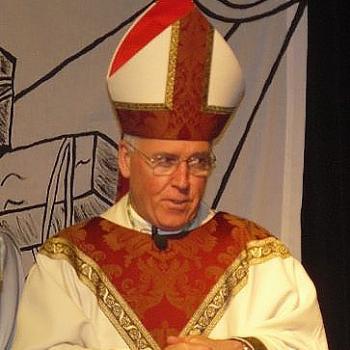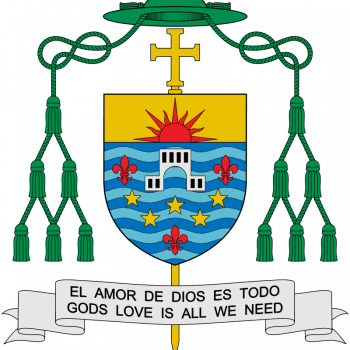The new leader of the Catholic Church in Ireland has pledged to lead it through a process of “humble renewal” without trying “to make sure that it dominates politics and the State”.
Archbishop Eamon Martin succeeded Cardinal Sean Brady as Primate of All Ireland yesterday, taking over a leadership role which covers the 26 dioceses here and Northern Ireland.
The 52-year-old Derry native becomes the 116th Archbishop of Armagh and Primate of All Ireland in succession to St Patrick.
He said that even though people are living in a very fast world with many commitments, he believed “people still need God in their lives and they need their church. There is still a lot of hope in people that they would like a renewal of their church.” But he cautioned against over optimism.
“I am only one person. I wouldn’t want to give any impression that somehow I can work miracles for the church in Ireland. We’re living in a very different Ireland now. It is a new context and therefore we need to learn ways of bringing the Gospel.”
Explaining his concept of “humble renewal” the new Primate said it was not about “building up some big edifice or triumphalist church or trying to make sure that it dominates politics and the State.”
“A church that is humble is a church on our knees, hopefully in prayer, recognising the terrible things that have happened in the past and the need to ask God’s mercy and to ask forgiveness of people,” he said in a reference to the clerical abuse scandals.
Speaking outside the twin spires of St Patrick’s Cathedral in Armagh, Archbishop Martin told the Irish Independent that he was “humbled” by the “huge task that I’ve been asked to undertake by God”.
Dismissing those who see the role of Primate as “some kind of massive CEO position” he said it is a figurative and honorary position because of Armagh’s significance as the See of Patrick. “It is a kind of a servant leadership rather than any big hierarchical leadership or position of power.”












